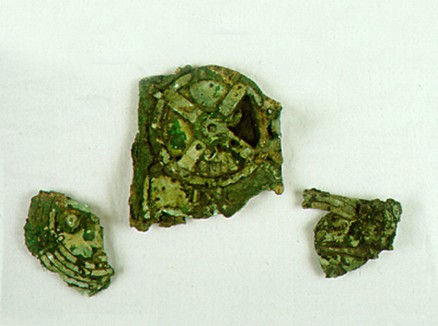|

With the possible exception of the Roman, no great culture of
ancient times appears to suggest the spirit of the modern age quite so
emphatically as does the Hellenistic civilization. Here as in the modern world
were to be found a considerable variety of forms of government, the growth of
militarism, a decline of respect for democracy, and a trend in the direction of
authoritarian rule. Many of the characteristic economic and social developments
of the Hellenistic Age are equally suggestive of contemporary experience: the
growth of big business, the expansion of trade, the zeal for exploration and
discovery, the interest in mechanical inventions, ruthless competition among
merchants, the devotion to comfort and the craze for material prosperity, the
growth of metropolitan cities with congested slums, and the widening gulf
between rich and poor. In the realms of intellect and art the Hellenistic
civilization also bore a distinctly modern flavor. This was exemplified by the
exaggerated emphasis upon science, the narrow specialization of learning, the
penchant for realism and naturalism, the vast production of mediocre
literature, and the popularity of mysticism side by side with extreme skepticism
and dogmatic unbelief.

Because of these resemblances there has been a tendency among
certain writers to regard our own civilization as decadent. But this is based
partly upon the false assumption that the Hellenistic culture was merely a
degenerate phase of Greek civilization. Instead, it was a new social and
cultural organism born of a fusion of Greek and Oriental elements. Moreover, the
differences between the Hellenistic civilization and that of the contemporary
world are perhaps just as important as the resemblances. The Hellenistic
political outlook was essentially cosmopolitan; nothing comparable to the
national patriotism of modern times really prevailed. Despite the remarkable
expansion of trade in the Hellenistic Age, no industrial revolution ever took
place, for reasons which have already been noted. Finally, Hellenistic science
was somewhat more limited than that of the present day. Modern pure science is
to a very large extent a species of philosophy—an adventure of the mind in the
realm of the unknown. Notwithstanding frequent assertions to the contrary, much
of it is gloriously impractical and will probably remain so.
|





